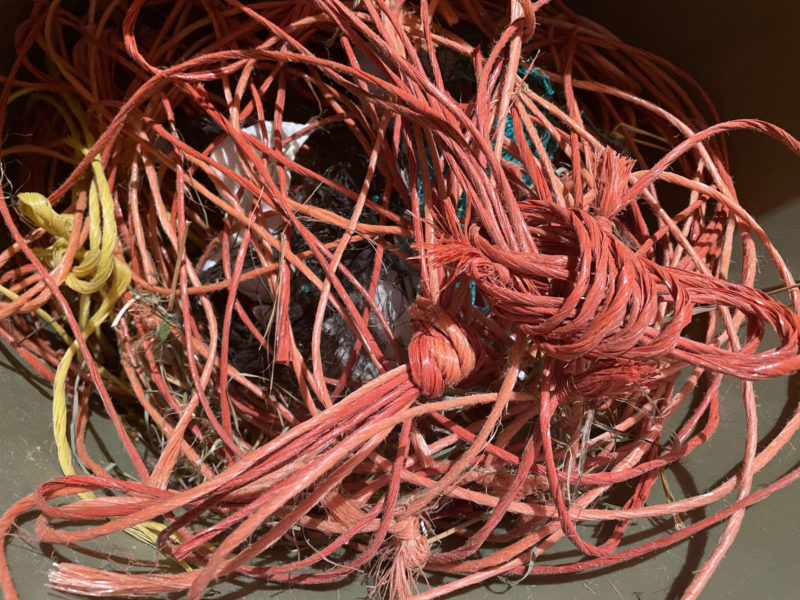A provincial consultation on expanded producer responsibility for recycling has found scant support for including non-residential waste, including agricultural plastics, in the province’s recycling regulation.
Instead, feedback on an intentions paper published last fall urged the province to leave management of agricultural plastics to Cleanfarms, a manufacturer-led stewardship organization based in Ontario.
“Two respondents speaking about agricultural waste noted the Cleanfarms voluntary initiative is effective and should be consulted before considering including this part of the sector,” a summary report published this week states.
BC farms generate an estimated 3,600 tonnes of plastic waste each year. Cleanfarms collected 37.4 tonnes last year, down from 57.7 tonnes in 2019 and below the three-year average of 45.8 tonnes.
Three suppliers noted that “agricultural products are better managed through existing private collection programs,” while “an industry-service provider” urged the province to consult with stakeholders, including “the appropriate stewardship organizations” to ensure that any changes to the province’s recycling regulation excludes “products and packaging that Cleanfarms currently manages.”
In addition to its existing collection program, Cleanfarms is developing recycling programs in the Peace River, Bulkley-Nechako and Fraser-Fort George regional districts for used baler twine, silage plastic and grain bags. The projects are part of a national initiative to boost agricultural plastics recycling that has received $1.1 million through the federal Canadian Agricultural Strategic Priorities Program.
The summary report, prepared for the BC Ministry of Environment and Climate Change Strategy by Pinna Sustainability Inc. of Vancouver, does not name the sources of comments. The consultation attracted 165 submissions, including 89 via email and 76 via an online survey. Just 19 unaffiliated individuals made submissions; the rest were government or industry stakeholders.
The province says it is reviewing the feedback as it develops a multi-year strategy for updating its recycling regulation and extending producer responsibility.


 Beef impact bumps up
Beef impact bumps up